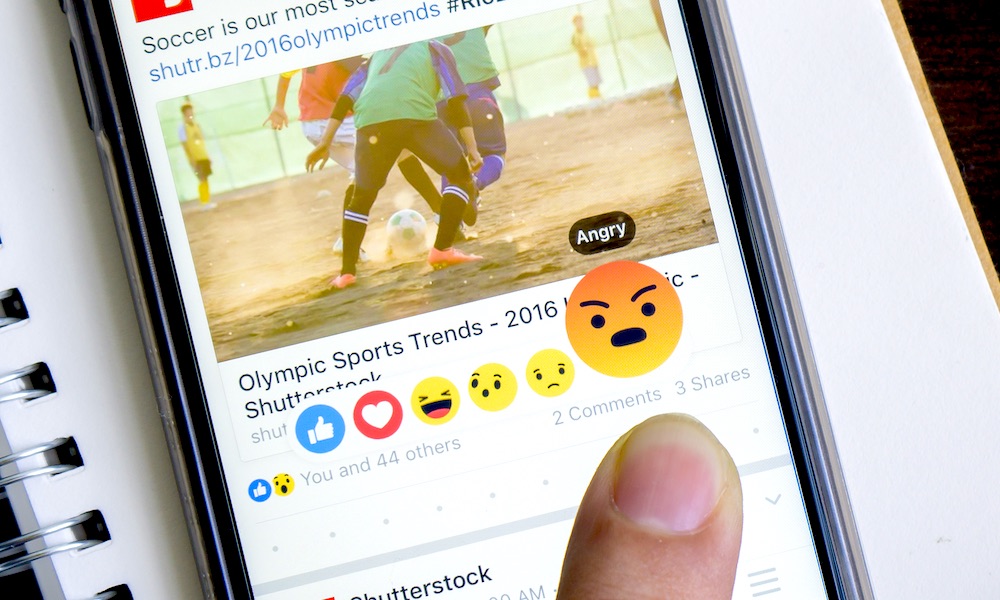Is Social Media Toxic? Study Reveals Why Some People Are So Angry Online
 Credit: Have a Nice Day Photo / Shutterstock
Credit: Have a Nice Day Photo / Shutterstock
Toggle Dark Mode
Do you get angry while scrolling through Twitter or catching up on Facebook? You are not alone. A recent study by a Yale University research team suggests social media is conditioning us to express moral outrage when we are online. Not surprisingly, this outrage is especially prevalent in political conversations.
According to computational social psychologist and Yale University researcher William Brady, people’s behavior online, particularly moral outrage, is reinforced by others.
As people stand on their soapbox, they get likes, shares, and positive feedback that encourages them to continue with their online tirades.
The team of researchers collected 12.7 million tweets from more than 7,000 Twitter users. Using a software tool, the researchers zeroed in on tweets posted during controversial events such as the Brett Kavanaugh hearing and the controversial removal of a passenger from an aircraft. Researchers graded tweets based on their level of moral outrage.
The study discovered that people who were getting likes for their outrage posts were more likely to follow up with even more outrage in their subsequent posts.
- This was most pronounced in the politically moderate group who seemed to respond favorably to these social media influences.
- Those at the political extremes were more independent and expressed moral outrage regardless of other people’s opinions.
“Our studies find that people with politically moderate friends and followers are more sensitive to social feedback that reinforces their outrage expressions.”
Yale University psychologist and researcher Molly Crockett
Two follow-up studies with 240 participants backed up these initial observations. This smaller study further found that people tend to adopt the accepted norms of the social network they are using and the tone of their moral outrage matches this tone.
This tendency for people to adopt a similar worldview online is significant. Social networks may be more than just a place for online water cooler conversations. They may have the power to influence public opinion on a grand scale.
“Given that moral outrage plays a crucial role in social and political change, we should be aware that tech companies, through the design of their platforms, have the ability to influence the success or failure of collective movements.”
Yale research team
The Yale researchers hope their study raises awareness about social networks and how they can influence our behavior. Researchers pointed out how powerful social networks can be in shaping public opinion, but they didn’t comment on whether this social outrage effect is helpful or detrimental, though.






